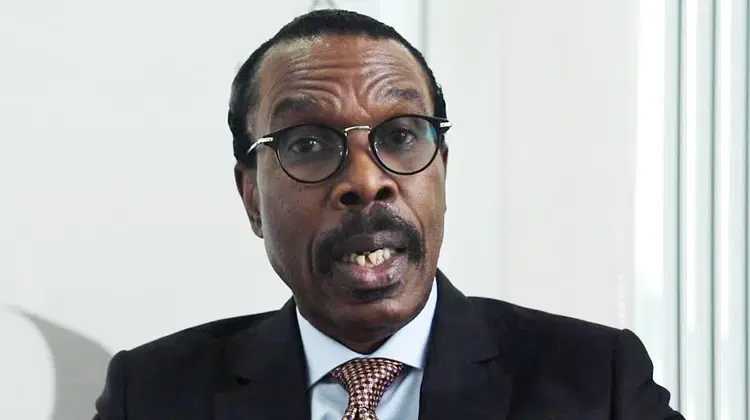Elon Musk showcased a futuristic robotaxi featuring two gull-wing doors, along with a new robovan, during a high-profile event on Thursday.
This unveiling marks a shift in Tesla’s focus from being a low-cost mass-market automaker to a leader in robotics.
Musk introduced the “Cybercab,” which is slated for production in 2026 and expected to be priced under $30,000. He highlighted that operational costs would be around 20 cents per mile, with inductive charging eliminating the need for plugs.
“The autonomous future is here,” Musk declared, presenting a fleet of 50 fully autonomous vehicles, including Model Ys and the Cybercab. He emphasized that Tesla’s approach, relying solely on artificial intelligence and cameras, sets it apart from competitors using additional hardware, though analysts warn this may present technical and regulatory challenges.
In addition to the Cybercab, Musk revealed the “Robovan,” designed to accommodate up to 20 passengers, and showcased Tesla’s Optimus humanoid robot. His plan involves creating a fleet of self-driving Tesla taxis that can be hailed via an app, allowing individual Tesla owners to earn income by listing their vehicles as robotaxis.
The event, titled “We, Robot,” took place at Warner Bros Studios near Los Angeles and referenced Isaac Asimov’s “I, Robot,” underscoring Musk’s vision of Tesla as an AI robotics company rather than just an automaker.
Despite the excitement, some investors expressed disappointment over the lack of concrete timelines regarding the ramp-up of robotaxi production and regulatory approvals. “Everything looks cool, but not much in terms of timelines. I think the market wanted more definitive updates,” said Dennis Dick, an equity trader at Triple D Trading.
Musk acknowledged his optimistic predictions, recalling his previous confidence in operational robotaxis for 2020, a promise that remains unfulfilled. As Tesla faces the risk of its first decline in deliveries, the company is under pressure to revitalize interest in its aging EV lineup amid rising competition and challenging market conditions.
While Musk continues to champion Tesla’s reliance on cameras and AI to keep costs low, the company has faced scrutiny over its Full Self-Driving technology, particularly following accidents involving the system. Musk stated, “We expect to start fully autonomous unsupervised FSD in Texas and California next year,” without clarifying whether the new robotaxis would utilize any new technology or rely solely on existing FSD systems.











